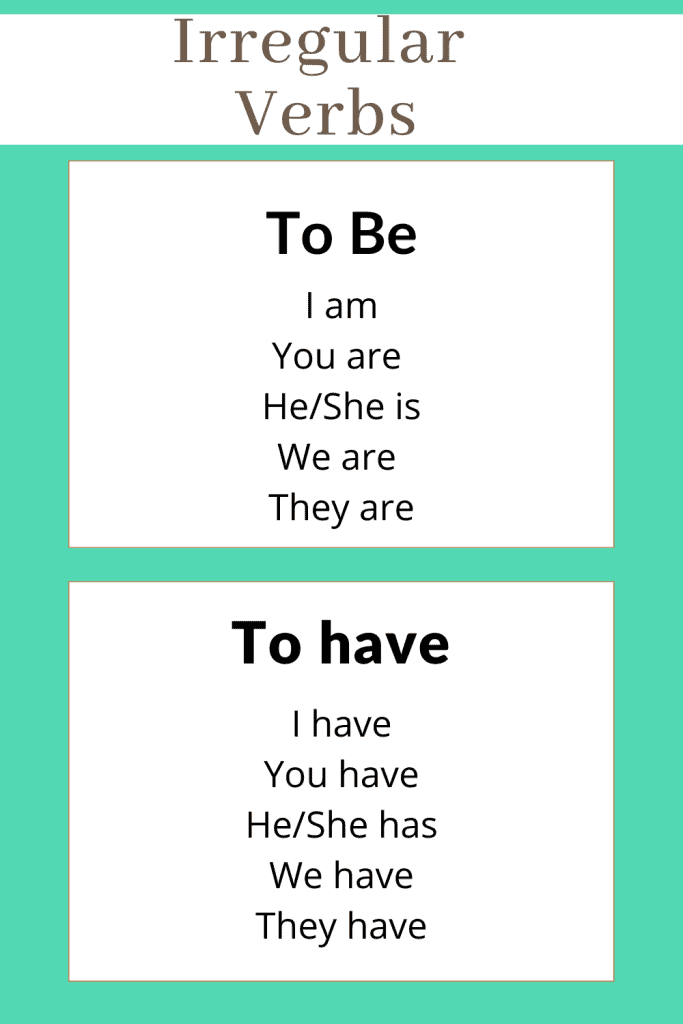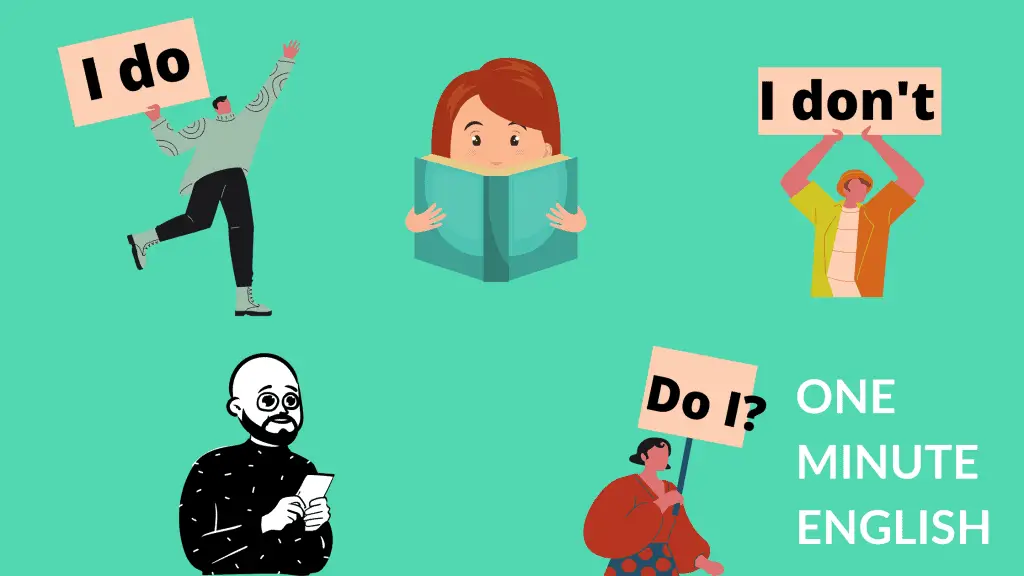Practice English or Spanish with AI here
Present simple tense rules
The rules of the present simple tense are only possible with regular verbs. Regular verbs follow the rules and irregular verbs do not follow the rules.
Regular Verbs
Regular verbs use the base form(like) except for the third person(he, she,it). In the third person, you need to add an s.
I make
You make
He/she makes
We make
They make
Spelling Changes
For verbs that end in o, ch, sh, th, ss, gh, or z,you need to add es
I go
You go
He/she goes
We go
They go
Some more common examples:
do= He does
catch= He catches
watch=He watches
mix= He mixes
When the verb ends in consonant + y, we drop y and add ies.
Study = He studies
Marry = He marries
Carry = He carries
We do not do this when it is vowel + y.
stay= He stays
destroy= He destroys
pay= He pays
Irregular Verbs
Irregular verbs do not follow the rules above.
The most common irregular verbs in the present simple are:

Negative Sentences in the Present Simple Tense
We use don’t/doesn’t for negative sentences except the verb to be.
Don’t/Doesn’t are negative contractions and mean Do not/ Does not.
The third person does not use the s/es in the negative
She doesn’t like chocolate.
It doesn’t do what it is supposed to do.
More example sentences:
I don’t like coffee.
I don’t have a Nintendo Switch.
She doesn’t do her homework.
I am not happy.
You are not the best.
Questions in the Simple Present Tense
We use do/does for questions except the verb to be.
You need to invert the subject and verb to make a question with the verb to be
Let’s look at how to change a sentence from the affirmative to a question in English
You speak English well.
Do you speak English well?
Your friend is OK.
Is your friend OK?
When to use the Present Simple Tense
We use the simple present tense for 3 main reasons in English:
1 For Facts and things that are generally true.
Doctors look after patients in hospitals.
Brazil is a big country.
2 For habits, routines, repeated actions.
I usually go out for dinner on Fridays.
I wake up at 6 am every day.
3 In the future, for events that are fixed in time.
The world cup is in Qatar in 2022.
The train leaves at 8.
Word order of Do/Does
Do/Does are usually at the start of a sentence.
When we have a WH question we put the question word before Do/Does
- 10 Words or Phrases “To Make Her Feel Special” - October 16, 2024
- Synonym Generator - September 11, 2024
- [BrutallyHonest] Langua AI Review – Can you learn a language with AI? - April 23, 2024


